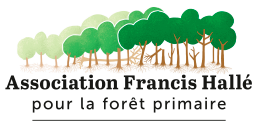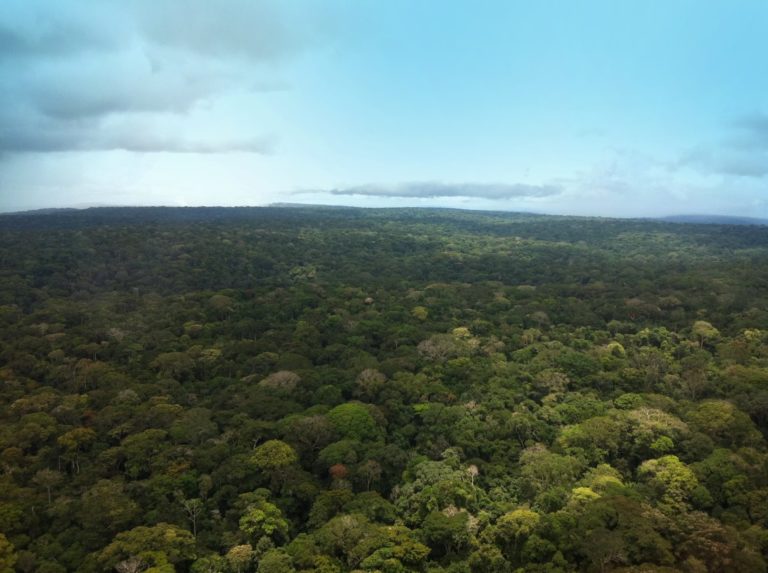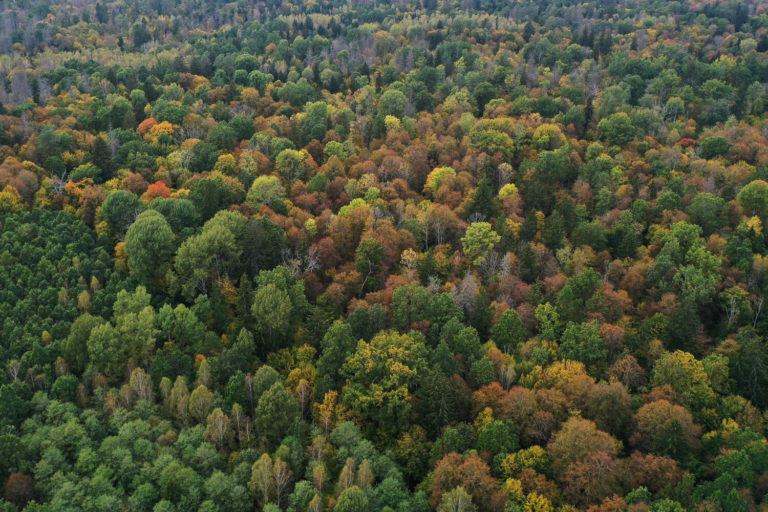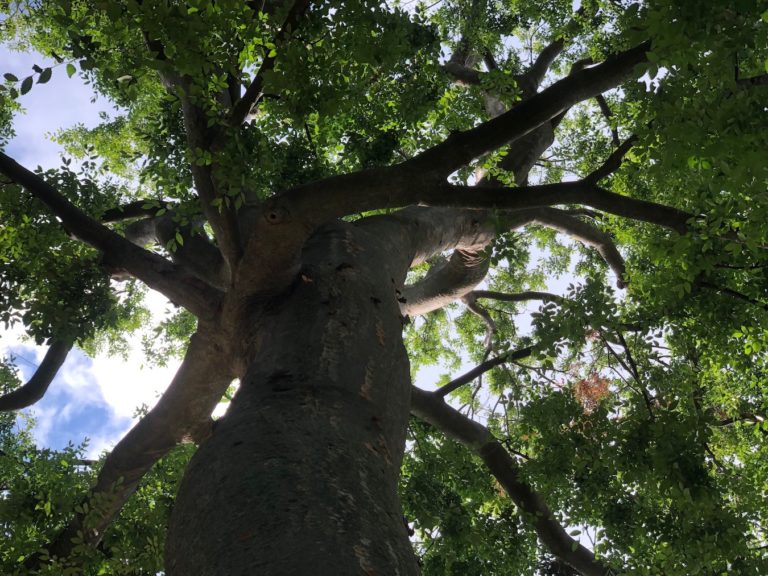On July 27, 2020, French newspaper Les Echos published a column entitled “Une forêt cultivée est une forêt en bonne santé” (“A cultivated forest is a healthy forest”) co-signed Vincent Lefort, President of the Syndicat des Mérandiers de France (French Syndicate of Stave Makers), and Jean-Luc Sylvain, President of the Fédération des Tonneliers de France (French Federation of Coopers barrel makers?). In my opinion, the piece contains inaccuracies and even untruths, which have prompted me to write this critical review.
Before I start, though, I would like to assure the two co-authors that stave makers and coopers have my deepest sympathy. I do not see any shame in using oak wood to make barrels, nor do I consider that the maturing of great wines serves only to satisfy futile pleasures. These are civilizational traits of a cultural heritage that deserves the utmost respect. Rather, my criticism will focus on aspects relating to the trees and the forests themselves.
It is incorrect to state that “a mature tree no longer grows,” because, as long as it is alive, a tree never stops growing, except of course in wintertime. While it is true that the growth points – botanists call these “meristems” – of an aging tree are less active than those of a young tree, and that their annual rate of growth is therefore slower, the number of these growth points never stops increasing throughout the tree’s life.
Granted, a young tree “captures [carbon] in its wood” but this is only one part of the equation. It is important to consider its performance in long-term carbon storage as well, and here the evidence is clear: the more wood the tree has, the greater its carbon stock, and the older the tree, the more wood it has.
“French forests have more than doubled in size since the French Revolution.” This assertion is only valid if one confuses tree plantations with forests. This is therefore a biological misinterpretation to which I object (see my column in the Opinions section of the newspaper Le Monde that will be published on Saturday, August 8, 2020).
I regret to read that “public opinion […] regards forests first and foremost as a place of leisure”; I am in contact with the public and I can assure you that their views are progressing: forests are now understood as purifying the atmosphere, restoring soil fertility and laying the foundations for terrestrial biodiversity.
I cannot remain silent when it is said that “a freely evolving forest contributes much less to the fight against global warming, especially after it has turned into the sad sight of a tree graveyard. »
When left to evolve freely, slowly but surely, a forest becomes primary; one of the characteristics of this type of vegetation is that it stores more carbon than a young forest. How could a large carbon stock be less effective than a small one in the fight against global warming?
Finally, viewing an old forest as nothing more than a tree graveyard – when dead wood is actually the ideal element for conserving and increasing biodiversity and restoring the soil’s fertility – is evidence that the co-authors have little interest in forest ecology. If they viewed a primary forest as nothing more than a “sad sight” – when it is the most beautiful of forests and represents one of the pinnacles of our planetary aesthetics – I can only draw one conclusion.
If you were to ask me to craft a barrel, it will take me a lot of effort to achieve a terrible result, and my botched barrel would leak everywhere.
Long live stave making and cooping barrel making?, your hands are endowed with an irreplaceable craftsmanship that the whole world envies us for. By all means, feel free to use our oak trees, but I beg you, don’t talk about forests anymore.
Francis Hallé, Montpellier, August 5, 2020
To learn more:
Jean-Claude Génot: La nature malade de la gestion, Editions Hesse, 2020.



